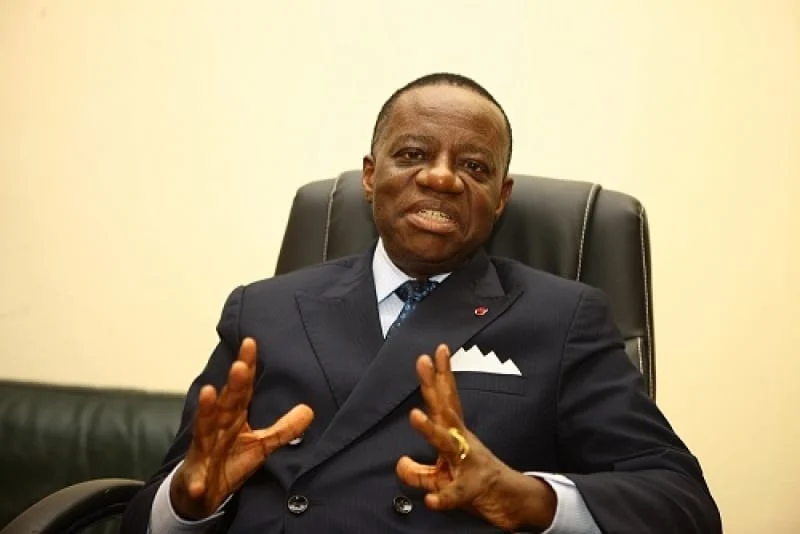
The controversy surrounding dual employment in Cameroon has intensified with the case of Hector Eto Fame, son of Higher Education
Minister Jacques Fame Ndongo, as in 2020 before completing his first year of doctoral studies he was recruited as a lecturer in the Department of Public Law at the University of Douala while at the same time he was appointed as a civil administrator serving as sub prefect of Edéa before being transferred to Kribi
This overlapping of roles has provoked sharp questions from academics and citizens alike over how a civil servant working within the territorial administration can simultaneously secure a permanent teaching position in a public university despite not having completed the full doctoral cycle which is widely considered a minimum requirement for such posts particularly at a time when the Ministry of Higher Education itself has summoned all lecturers holding dual positions to appear on Tuesday July 22 2025, turning the minister’s own son into an emblematic and controversial example
Even more troubling for critics the ministerial summons is said to target teachers from special recruitment programs a category from which Hector Eto Fame is reportedly excluded and this selective enforcement is viewed by many observers as a calculated maneuver raising doubts about the fairness and impartiality surrounding how this national issue is being handled
Transparency in the management of public sector human resources remains a fundamental principle in any functional state yet in this affair the opposite seems to prevail as the minister is accused of pursuing sanctions against others while tolerating the same practices within his own family circle and far from rebuilding trust in academic institutions this initiative fuels public perception of inconsistency and preferential treatment
Young researchers who often face systemic barriers in securing opportunities without powerful networks or support see the controversy as a reflection of elitist impunity and question how academic meritocracy can thrive when advancement is tied not to qualifications or performance but to connections facilitated by political influence
In a nation already strained by social tensions and uncertainty about the future the behavior of those in leadership and their relatives carries immense weight and because Hector Eto Fame’s situation highlights a glaring contradiction between public rhetoric and administrative reality it risks eroding the credibility of current efforts to curb abuse within the civil service and demands an immediate transparent and public resolution as it no longer appears as an isolated case but as evidence of a deeper systemic problem



